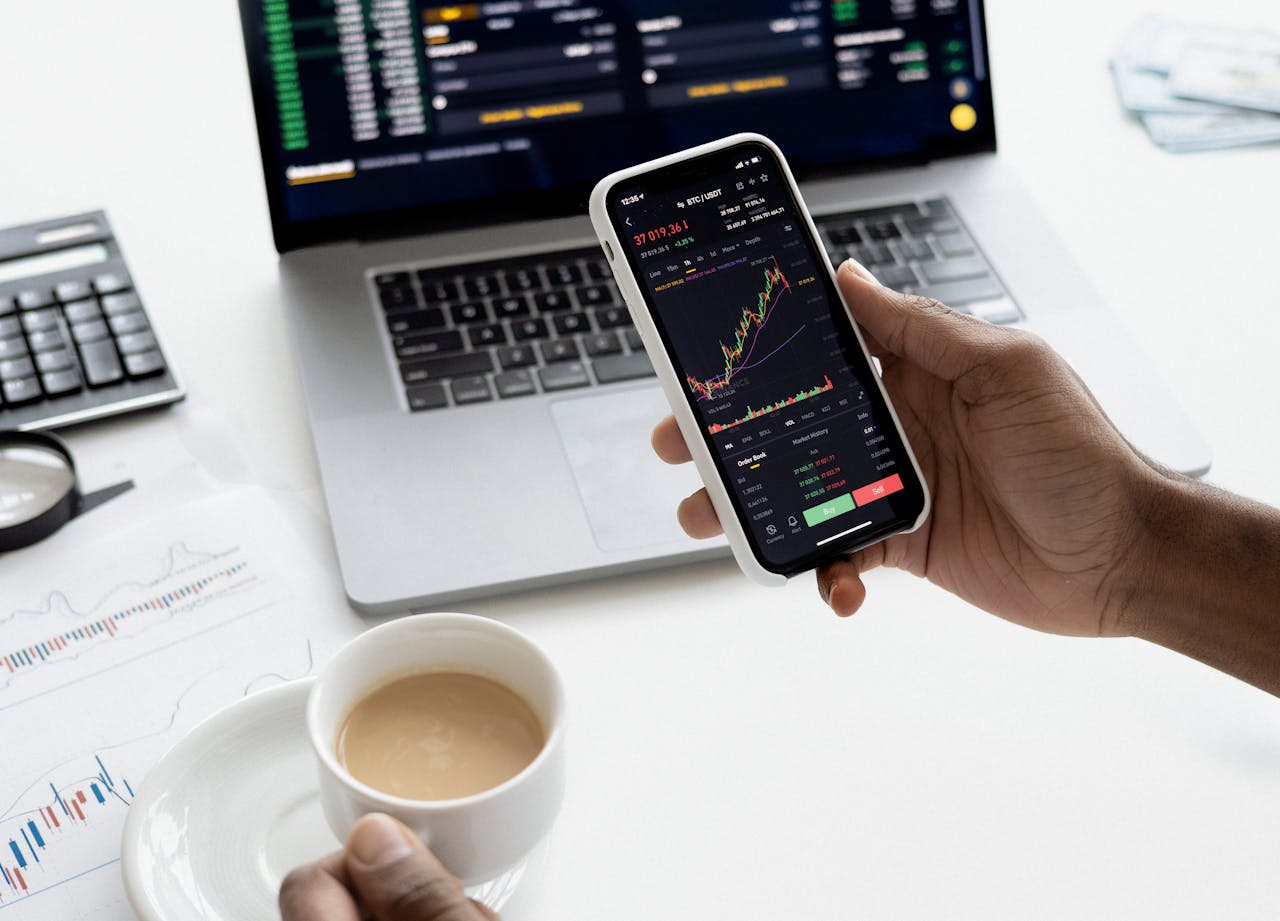

The COVID-19 pandemic has become a vital part of Southeast Asia's e-commerce boom, with Indonesia experiencing one of the most significant changes due to its strong consumer base throughout the archipelago. Indonesia is already the region's most prominent digital economy, taking over 40 percent of the market share with five dominant unicorns; Gojek, Tokopedia, Bukalapak, Traveloka, and OVO, spearhead their digitalization journey.
During 2020 alone, the country has recorded over USD 44 billion of online market sales, or equivalent to a 72 percent growth of the digital economy's total value. The development owes its success to Indonesia's rising smartphone and internet penetration, alongside a rapidly growing middle-class population taking more than 65 percent of the total residents in the country. In addition, the country has recently become an active investment destination sought after by prominent investors such as Sequoia Capital, Softbank, Tencent, and other well-known venture capitals with its dynamic startups' landscape.
The five leading commerce startups in Indonesia are currently competing to grab the most market share through massive marketing campaigns and consolidation with strategic and financial players. Shopee, for example, has recently taken the first position in the segment by recording over 260 million transactions during the second quarter of 2020 through its solid backing by SEA to promote the business throughout the nation. The pandemic has also created a set of new characteristics developed in Indonesian consumer behavior to become more price-sensitive as uncertainties regarding the economic condition linger, requiring e-commerce businesses to double down on price-heavy promotions to survive in the tight competition.
The competition has resulted in the significant consolidation of many e-commerce players to further step up their position in the competitive advantage. Gojek, the country's leading ride-hailing and food delivery platform, has recently finished one of the country's first mergers with Tokopedia, the second-largest e-commerce platform, in 2021. The combined company, "GoTo," came out of the mergers with a valuation of USD 18 billion, making them the highest valued startup in the country.
Other e-commerce players have also consolidated to gain a stronger position in the market. Bukalapak, the third most visited e-commerce platform behind Shopee and Tokopedia, is in the process of merging with Singapore's Alibaba-backed e-commerce platform, Lazada.

With the ecosystem gaining colossal traction and financial backing, Indonesia faces several challenges stemming from the lag in infrastructure development. The country has yet to establish stable internet connections throughout the nation's areas, leaving islands and the rural regions left behind without internet coverage. The nation also ranks 105 out of 130 in the World Economic Forum index for its infrastructure and digital content pillar, showing Indonesia's urgent need for network improvements to compete with the neighboring countries and catch up with the robust growth of the digital ecosystem.
Additionally, the growth of e-commerce requires logistics infrastructure to cater to the demand for timely delivery throughout the country. However, Indonesia's archipelago terrain poses a higher level of complexity that the industry players need to tackle to overcome the surging orders.
With the growing internet-savvy demographic, Indonesia possesses the necessary elements to transform its challenges into opportunities. However, the country would need to resolve fundamental issues to facilitate the ever-increasing digital ecosystem to realize its full potentials.

Revolutionizing Finance: An Overview of Digital Lending in Southeast Asia
Digital lending is poised to become the primary revenue driver for digital financial services in Southeast Asia (SEA) by 2025, outpacing digital payments. This growth is fueled by a 33% annual increase in digital lending, supported by technological innovations such as automated loan origination processes and seamless integration of financial services into digital experiences. These advancements have made it easier for consumers to access financing for various needs, including online shopping, travel bookings, and ride-hailing services.

IoT Integration in the SEA Automotive Lubricants Market
The Southeast Asia (SEA) automotive lubricants market is rapidly evolving with the integration of Internet of Things (IoT) technology. This transformation offers significant benefits, creates new opportunities in smart technology, and introduces innovative IoT solutions that can revolutionize the industry.

Embracing Robotization: Challenges and Opportunities in Industry 4.0
Robotization presents challenges and opportunities for businesses and the workforce, requiring companies to embrace this transformation.

Opportunities in the Indonesian Skincare Market
The rapid growth of the Indonesian skincare market presents significant opportunities for the beauty industry. Projections indicate a steady growth trajectory of 4.6% over the next five years, reflecting sustained consumer demand and market expansion. In this article, we will explore the various opportunities that the Indonesian skincare market presents for brands seeking to establish a strong foothold and thrive in this dynamic landscape.